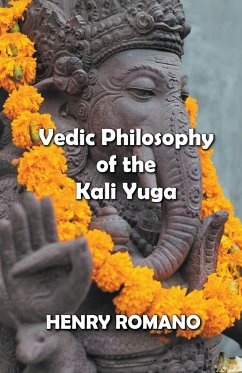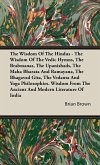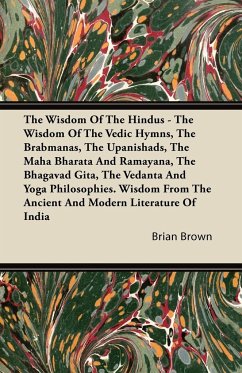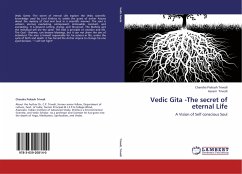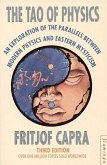According to Vedic philosophy, there are four eras in every world cycle. They represent a gradual decline from enlightenment (Satya Yuga) to chaos and ignorance (Kali Yuga) before it starts again. Each of these eras lasts roughly 2160 years. You're probably familiar with the four ages of Hindu philosophy: Satya Yuga, Treta Yuga, Dwapara Yuga, and Kali Yuga. The golden age is when pure knowledge is widespread, and people live in harmony. The dark age is when everything goes wrong-the World falls into chaos, and humanity descends into ignorance. But what happens next? What is the meaning of "the end of the world"? There are many ways to interpret this question-which makes it so interesting! We're living in the Kali Yuga right now - the era of chaos and disorder. This means our society is falling apart, but we can bring back the Golden Age by understanding our personal roles in society. The Kali Yuga is the present age of man. We are in the age of darkness, ignorance, and chaos. The Kali Yuga was prophesied to be when humanity would live without spiritual knowledge or enlightenment. It's an era of materialism, greed, and violence (including war). But we can bring back the Golden Age by understanding our own personal role in society and doing what we can to restore order to our World today. The Golden Age is when humans live in harmony with nature. It's also known as Satya Yuga or Krita Yuga, or Utopian Age because everything works as it should be working - there are no problems or challenges that need fixing because everything works perfectly well already... In the Golden Age, humans live in harmony with nature. It's also known as Satya Yuga or Krita Yuga, or Utopian Age because everything works as it should be working - there are no problems or challenges that need fixing because everything works perfectly well already... Satya Yuga is the name people give to this period. This era was said to last for more than 4,000 years in Hindu mythology.
Hinweis: Dieser Artikel kann nur an eine deutsche Lieferadresse ausgeliefert werden.
Hinweis: Dieser Artikel kann nur an eine deutsche Lieferadresse ausgeliefert werden.

